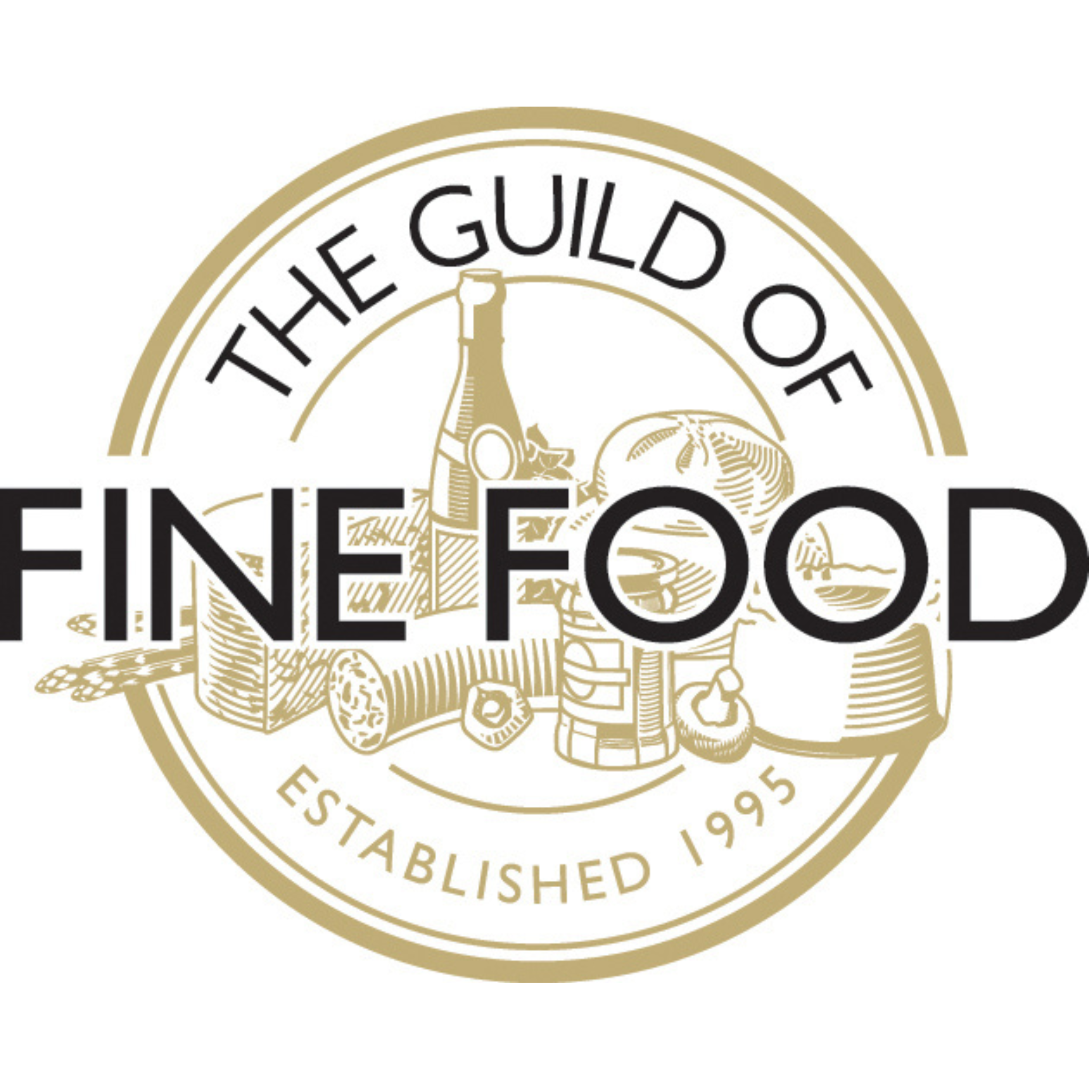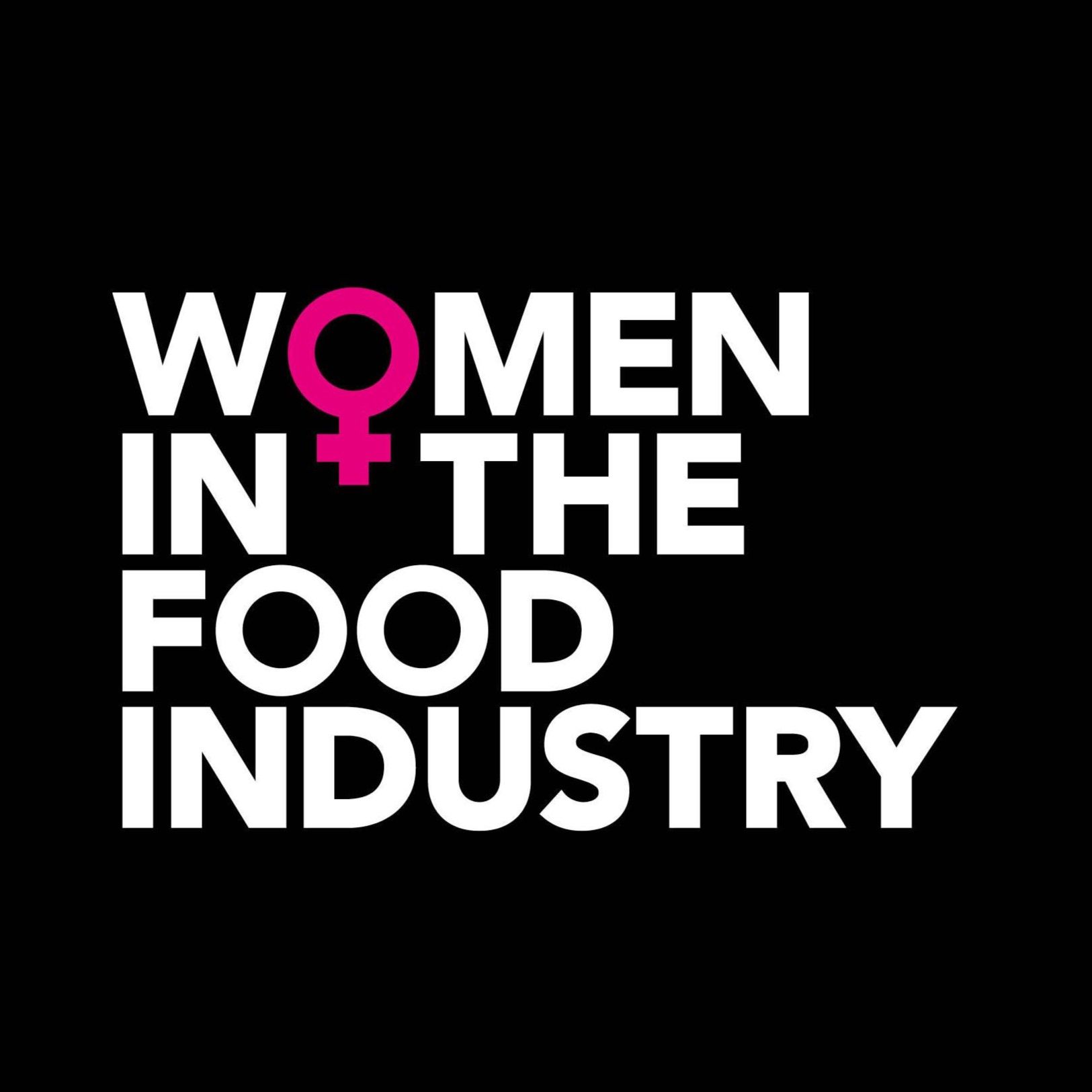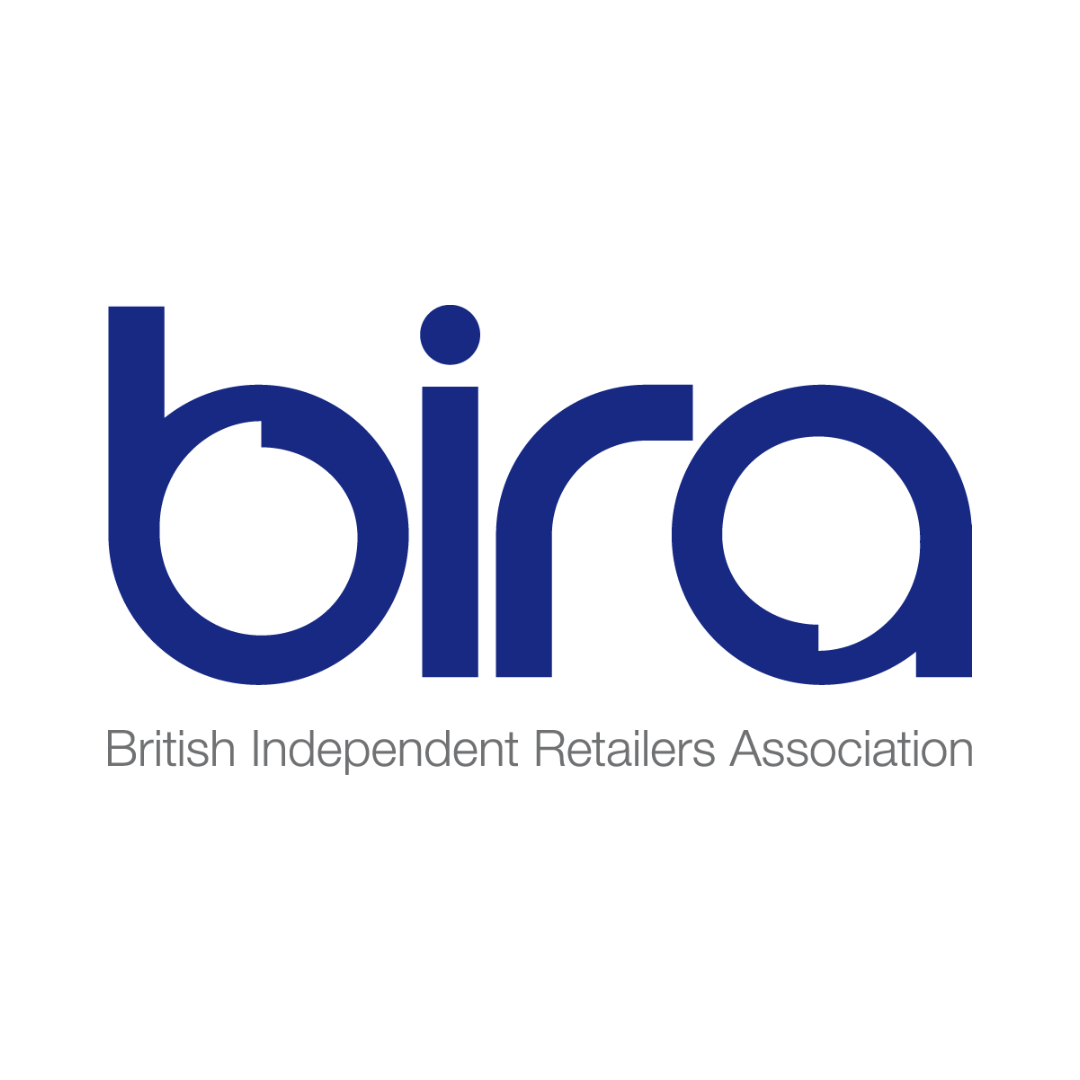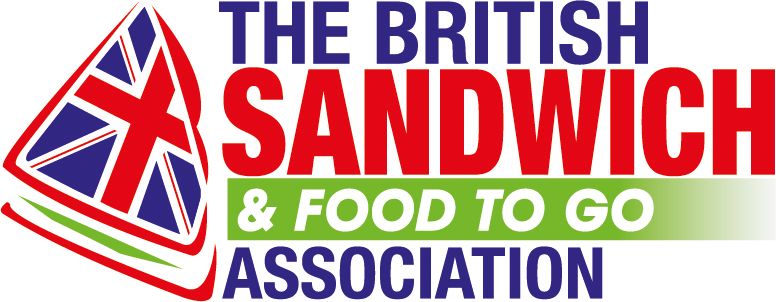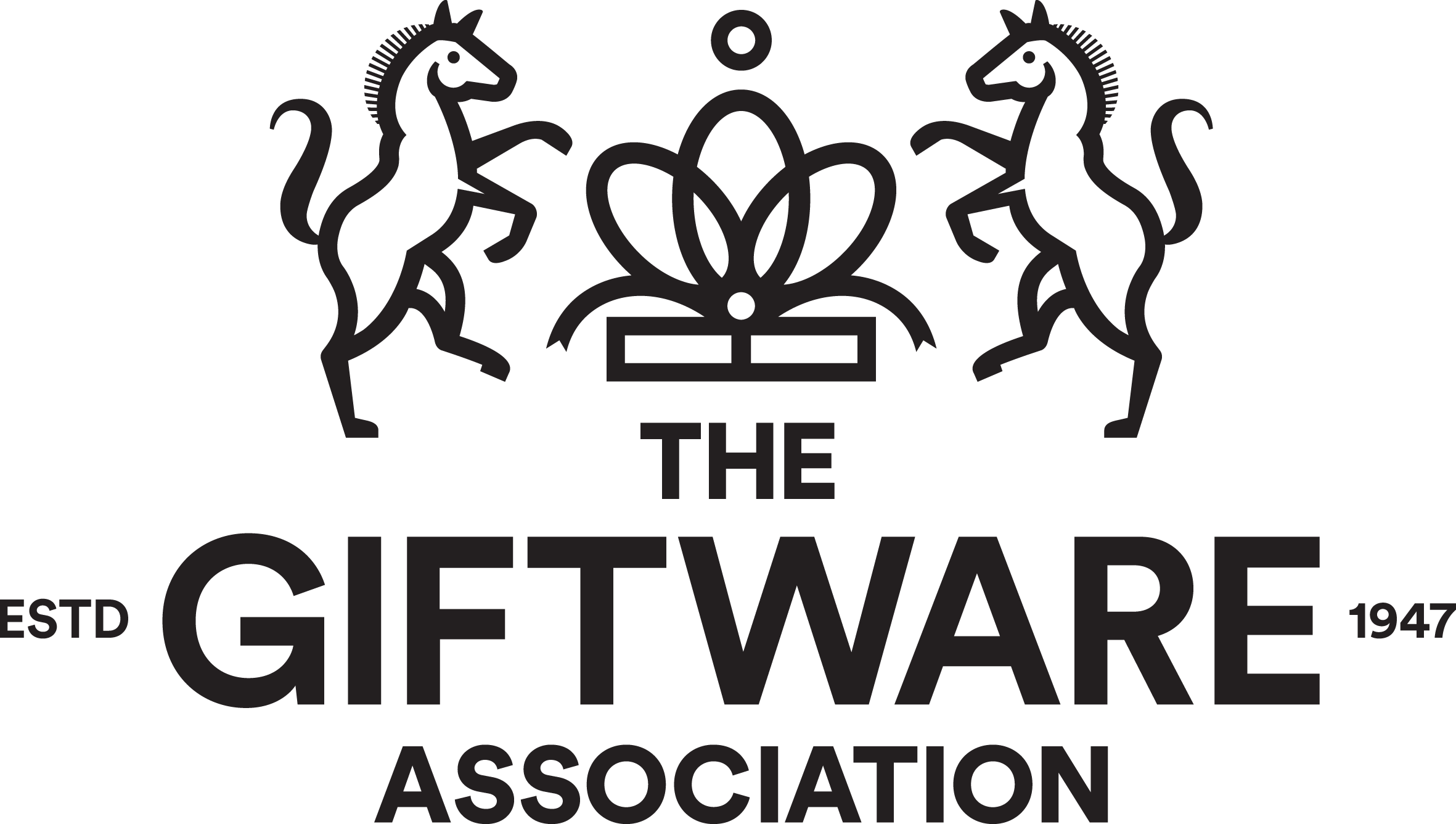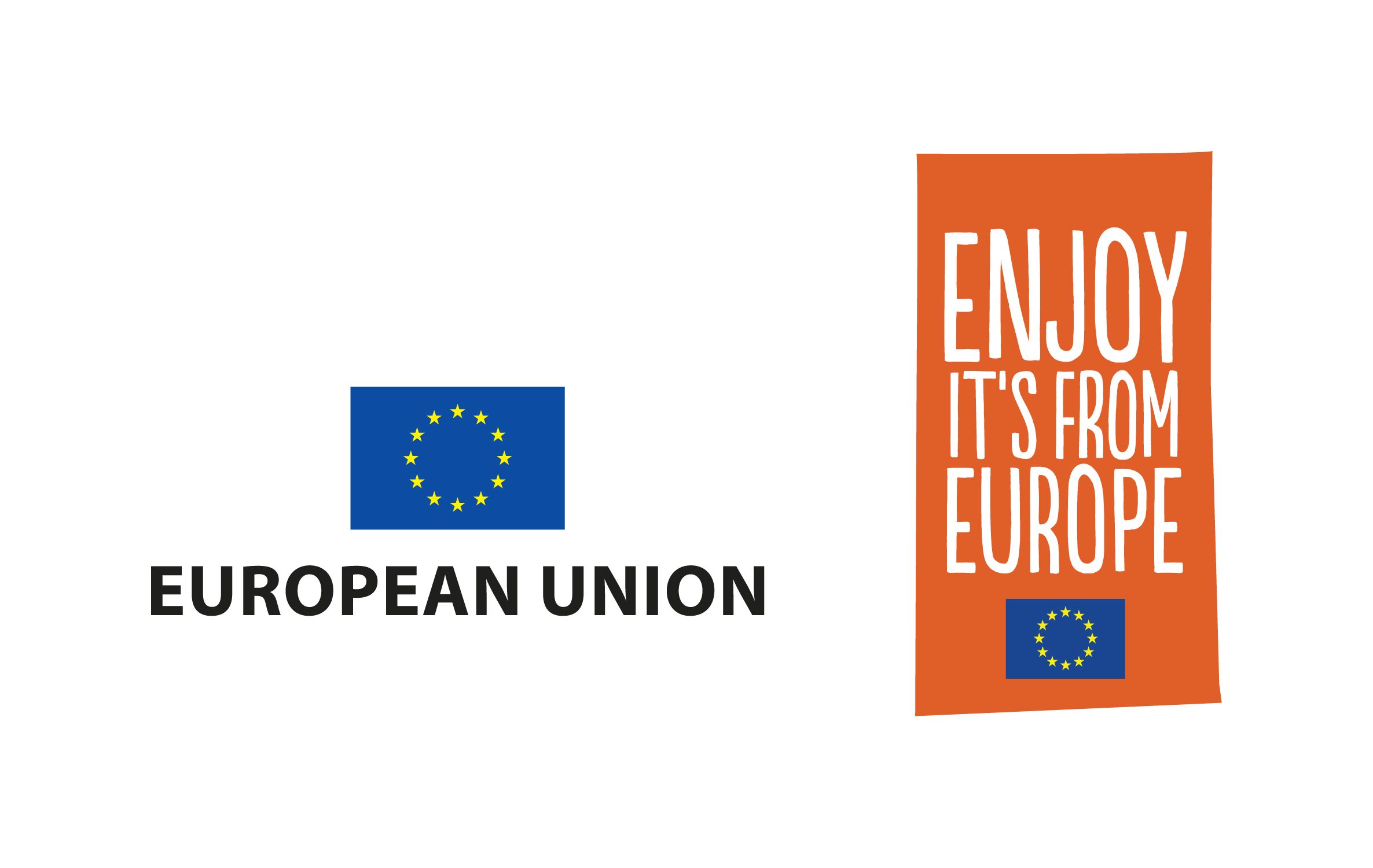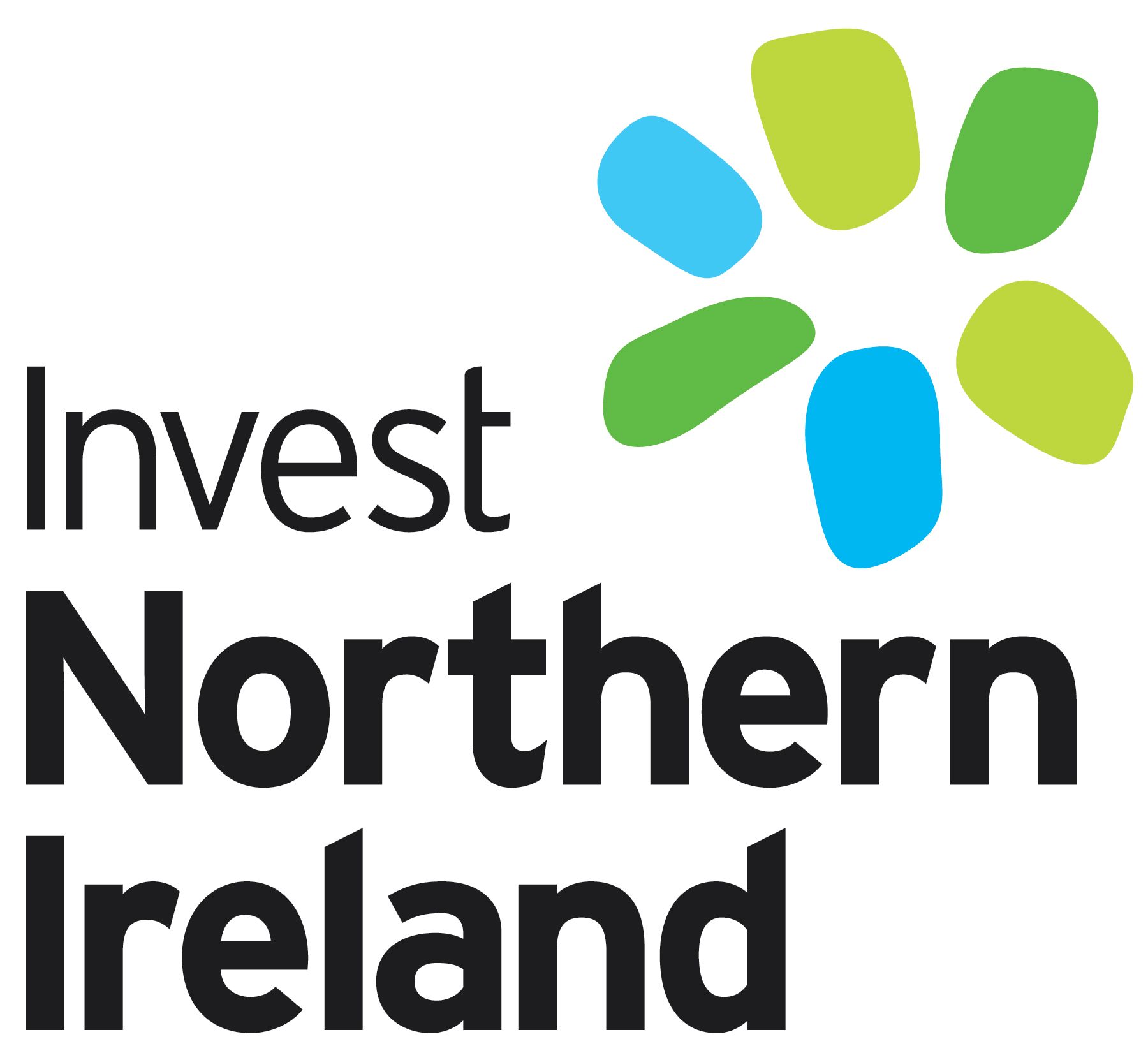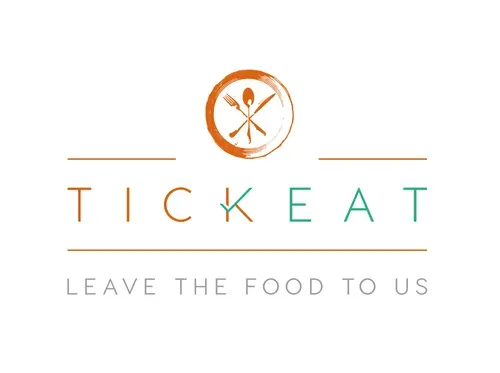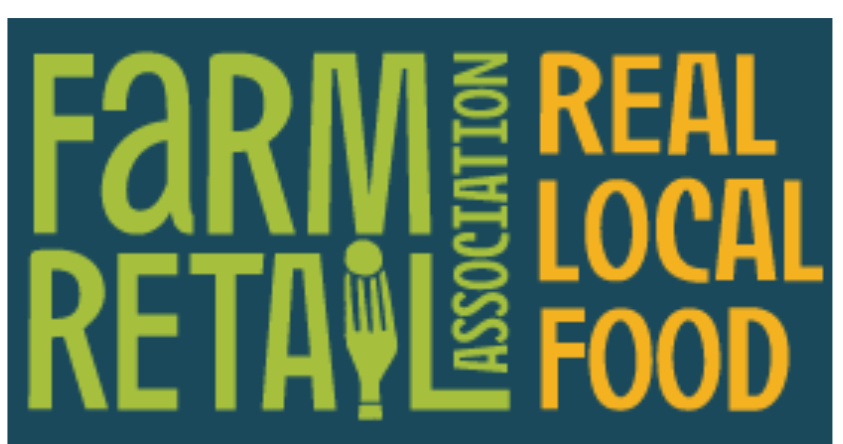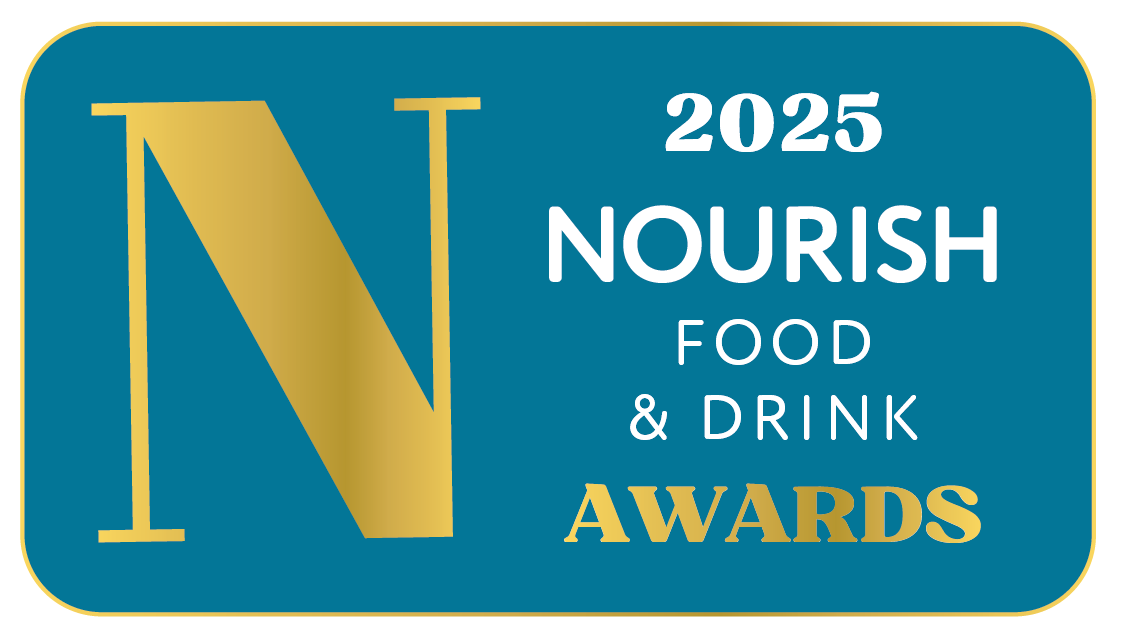Focus on Food Safety
)
Food safety remains a hot topic for debate. Last year the long-awaited Natasha's Law came into force, the pandemic has shone a spotlight on the health and wellbeing of the nation and, the significant role played by access to sound nutrition and supply chain issues focussed attention on the importance of shelf life. Yet despite years of innovative technical advances relating to the required protocol to establish a safe food product, news of food safety breaches and outbreaks of serious unsafe food related health conditions continue to hit the headlines, causing widespread disruption, in addition to accounting for totally unnecessary fatalities.
According to figures released by the World Health Organisation (April 2020), ‘unsafe food containing harmful bacteria, viruses, parasites, or chemical substances, is responsible for 200 diseases from diarrhoea to cancers. An estimated 600 million – representing 1 in 10 people in the world – fall ill after consuming contaminated food, accounting for 420,000 deaths every year'. Most worrying to note is the trend for a continued increase in the number of food safety incidents recorded by Global Food Safety Initiative, with figures for non-compliance rocketing in 2020, by around 275% when compared with 2017.
The rise in the number of food safety scares is compounded by a lack of auditors entering the profession and a greater number of people requiring certification for increasingly complex and complicated food processing systems and more and varied auditing standards.
Sadly, it appears that whilst the level of knowledge on critical food safety issues has increased, the application of that knowledge has not necessarily followed suit. Or maybe not enough is being done to ensure newcomers to the industry fully understand the requirements?
Of the UK's 10,990 food and drink manufacturing businesses, 97% are classed as SMEs in information collated by the Food & Drink Federation and in 2020 up to the end of June 2021, the number of new food and drink start-ups launched in the UK had risen by 47%. These statistics evidencing the significance of smaller to medium sized organisations in the sector – companies which are less likely to have the expertise, experience, and resource of the larger food manufacturing players - combined with the number of fledging businesses entering the industry – underpins the clear need to ensure the effective communication of food safety requirements.
The Covid effect has had a profound impact in terms of fuelling the launch of food and drink brands, the consequence of months of lockdown providing the time to cook up new food-based business ideas, driven by the desire to no longer be restricted by the constraints of corporate culture.
And with sound nutrition being widely acknowledged as such a pivotal factor in maintaining health and wellbeing, there is unlikely to be a let-up any time soon.
The solution must surely be access to highly experienced personnel who are able to help navigate businesses to achieve food safety compliance by providing clear, concise guidance, in plain English at the outset of the manufacturing journey?
Once the preferred systems have been identified to deliver enhanced shelf life and ultimately food safety, those in the business who will be responsible for using the relevant equipment (for example thermal processing equipment) must also be trained to appreciate the myriad factors influencing the desired safety outcomes.
And of course, those auditors that are involved in assessing a company's ability to deliver safer processes intended to extend shelf life must also be trained to enable them to make accurate and informed judgements.
Unless the above issues are addressed, given the surge in interest in food and drink start-ups, we are at risk of seeing further increases in the number of food safety incidents. Which would represent bad news for the industry and the economy, as well as damaging the UK's enviable track record for entrepreneurial success. *
*According to Small Business Minister Kelly Tolhurst, “The UK consistently ranks as one of the most entrepreneurial nations in the world”.
A study carried out by e-money platform Tide pronounced the UK as the best country in Europe to start a business, thanks to our large economy, low unemployment rate and ease to start and run a business in the UK (August 2021).





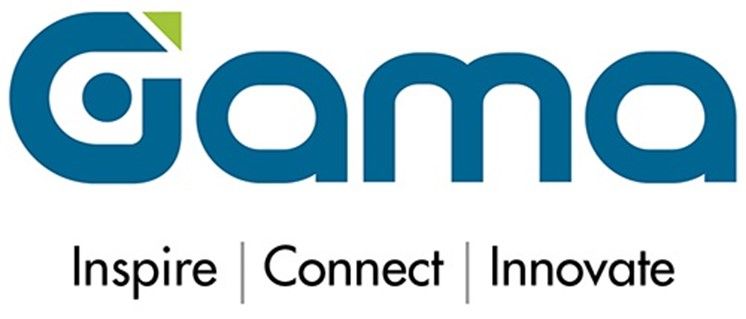
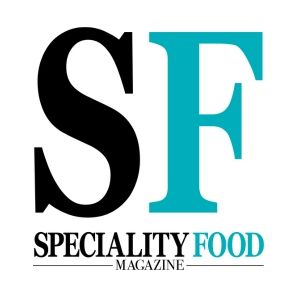




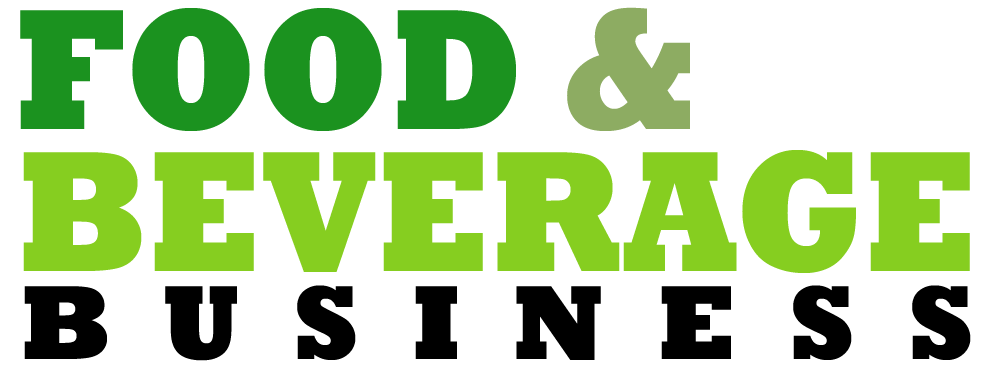

.png)
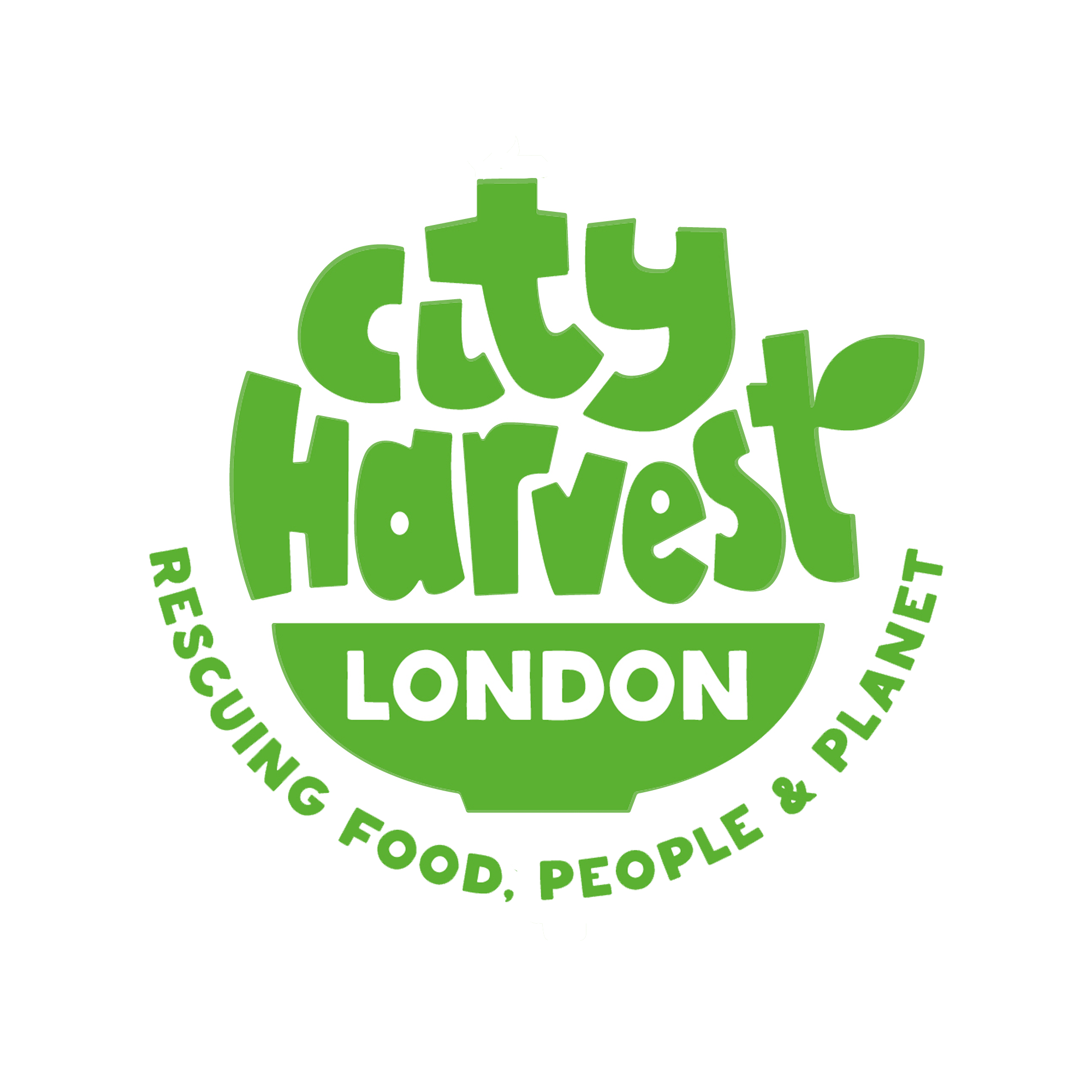


.png)

